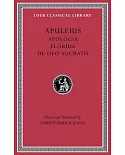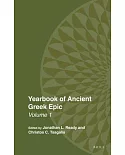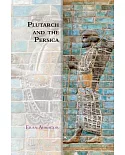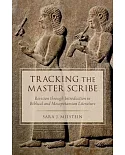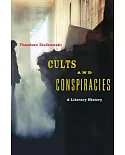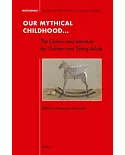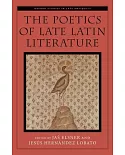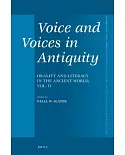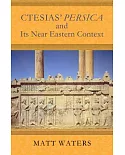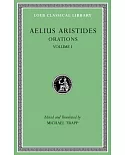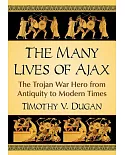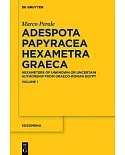The tragic figure of Medea has affected audiences for millennia. Her story combines magic, love, betrayal and infanticide. She has been seen as evil incarnate and as a desperate woman brought
to the edge by suffering. Bartel(German, University of Nottingham) and Simon (medieval German literature, University of Bristol) present a group of essays that run the gamut, both in time and
point of view, of the attitudes toward Medea. Beginning with the play by Euripides, scholars examine the many transformations of Medea in drama and literature from the Roman theatre to the
present day. In some she is seen only in echoes as in Toni Morrison's Beloved. In others, the essential story is told with a symbolic twist, in which the murder of her children is a
metaphorical rejection of her predetermined place in the social order. Articles look at reflections of Medea in law, Freudian psychology, advertising and even her name given to a gene which, in
beetles, aborts unwanted offspring. The collection as a whole gives a fascinating look at how one archetypal myth has permeated the cultures of the Western world. Distributed in North America
by the David Brown Book Co. Annotation 穢2011 Book News, Inc., Portland, OR (booknews.com)


